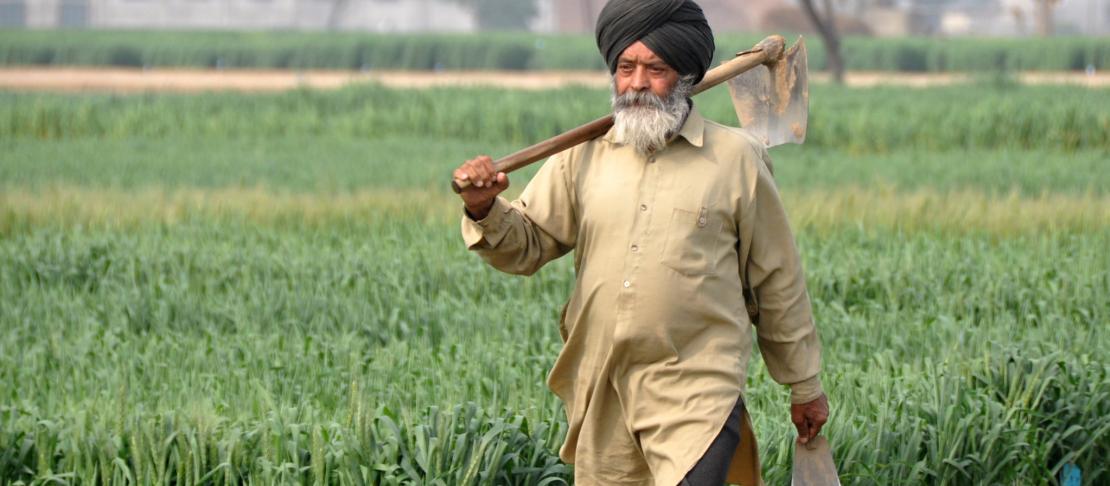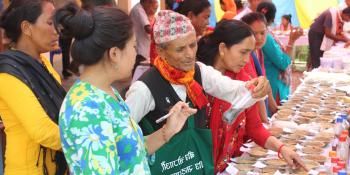National initiative on climate resilient agriculture in India

by A.K. Singh
The impacts of climate change on agriculture are being witnessed all over the world, but countries like India, with >80% of small and marginal farmers with poor coping mechanisms, are more vulnerable in view of their dependence on agriculture and excessive pressure on natural resources. In recent years, there has been a significant rise in the frequency of extreme weather events affecting farm level productivity and impacting availability of staple food grains at the national level. Within a season, severe droughts and floods are being experienced in the same region, worsening the plight of all stakeholders.
Since climate change poses complex challenges like multiple abiotic stresses on crops and livestock, shortage of water, land degradation and loss of bio-diversity, focused and long term research is required to find solutions to the problems specific to our country. For meeting the new challenges, the Indian Council of Agricultural Research (ICAR) initiated a mega project titled “National Initiative on Climate Resilient Agriculture (NICRA)” in 2010-11 with the objectives of enhancing the resilience of Indian agriculture covering crops, livestock and fisheries to climatic variability and climate change through development and application of improved production and risk management technologies; demonstrating site-specific technology packages on farmers’ fields for adapting to current climate risks; building up the capacity of scientists and other stakeholders in climate-resilient agricultural research and its applications.
NICRA has four components, viz., strategic research on adaptation and mitigation, technology demonstration to cope with current climate variability in 100 vulnerable districts, human resource development, and sponsored/competitive research to address critical issues. The strategic research will involve twenty-one ICAR Institutes, and the demonstration of the existing technologies to cope with current climate variability will be carried out in 100 districts through KVKs, Coordinating Centers of the AICRPDA and the Transfer of Technology (TOT) Divisions of the above core Institutes.
Expected outputs of the National Initiative on Climate Resilient Agriculture (NICRA) are:
• Selection of promising crop genotypes and livestock breeds with greater tolerance to climatic stress
• Existing best bet practices for climate resilience demonstrated in 100 vulnerable districts.
• Infrastructure at key research institutes for climatic change research strengthened.
• Adequately trained scientific manpower to take up climate change research in the country and empowered farmers to cope with climate variability.
More information
Read more about Climate Change, Agriculture and Food Security work in South Asia.
A.K. Singh is Deputy Director General (Natural Resource Management) Division of Natural Resource Management at the Indian Council of Agricultural Research, India. To get more updates on our research in South Asia, follow us on Facebook and Twitter @Cgiarclimate.


